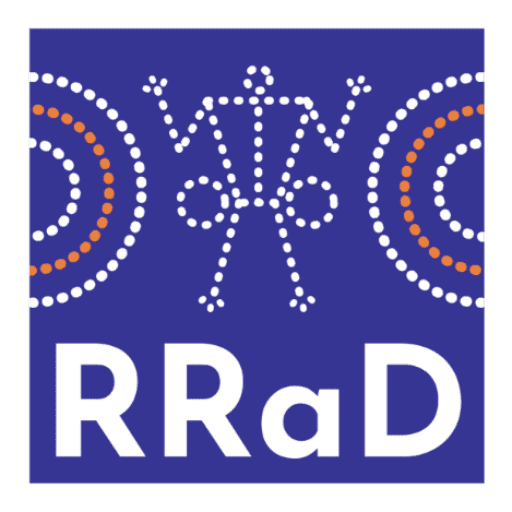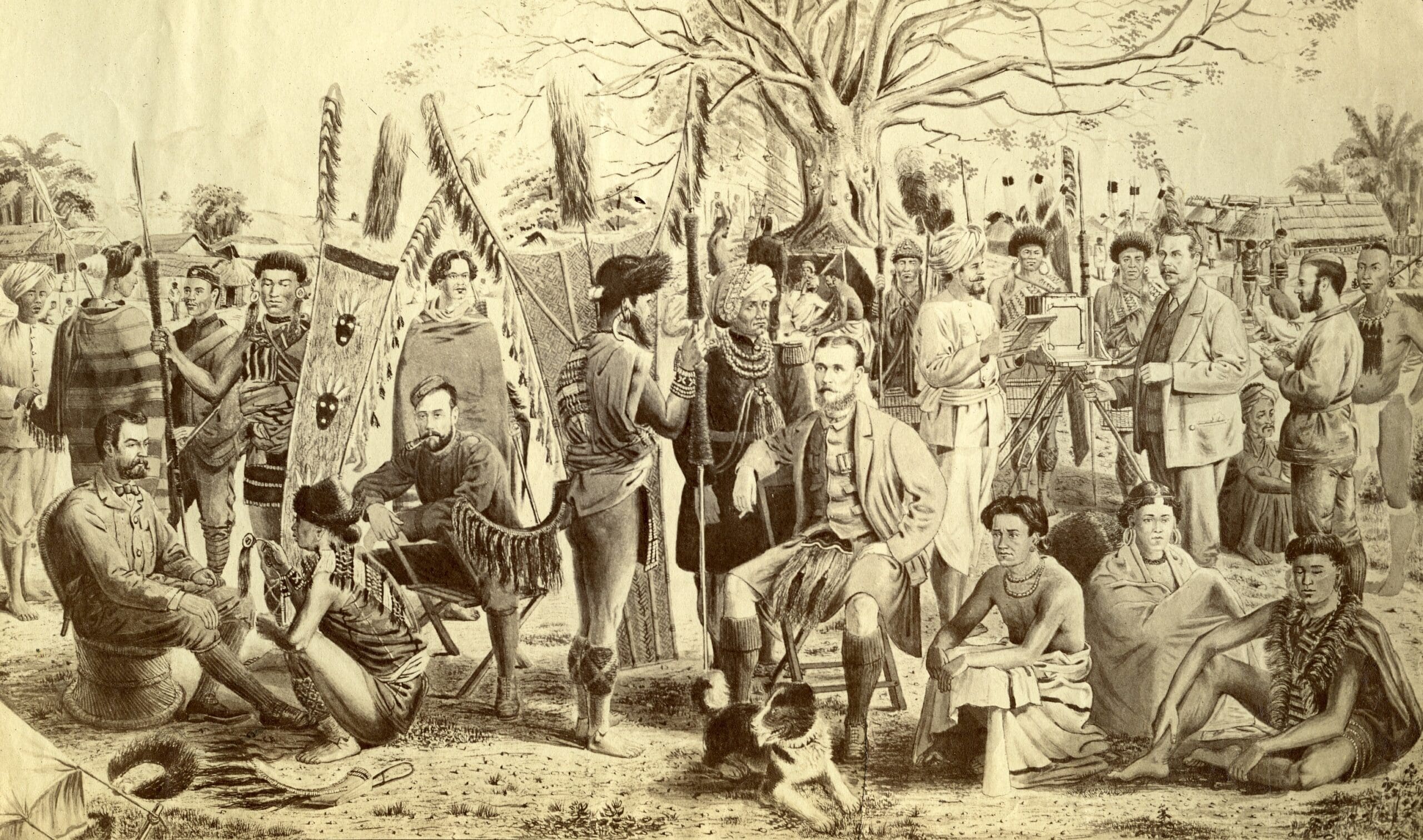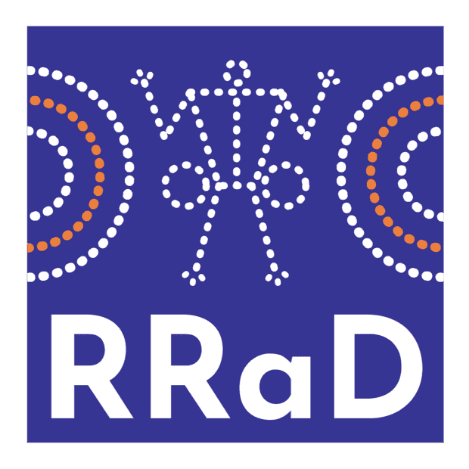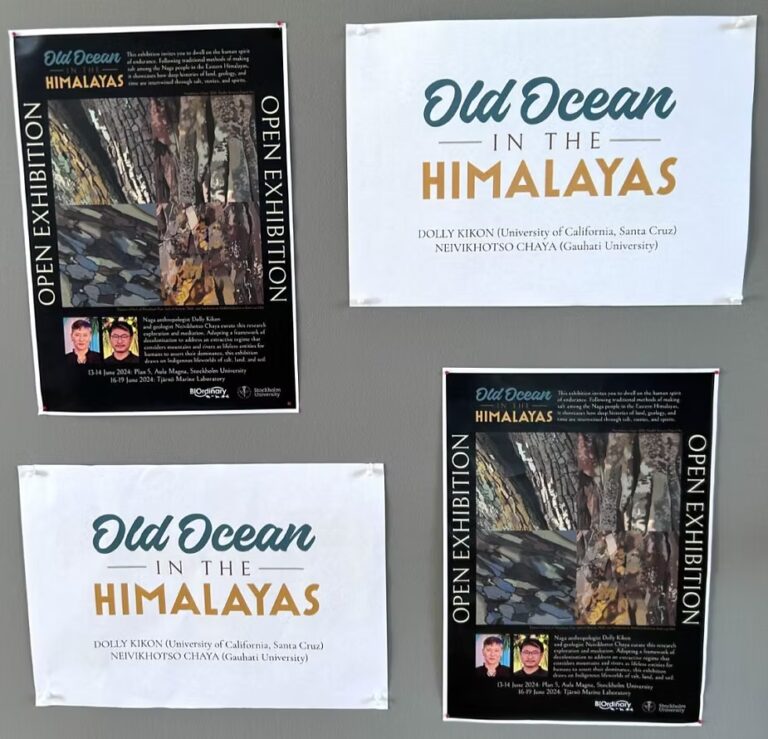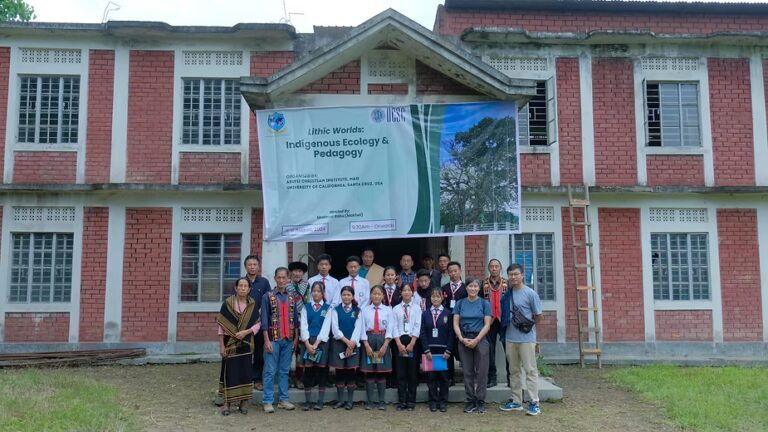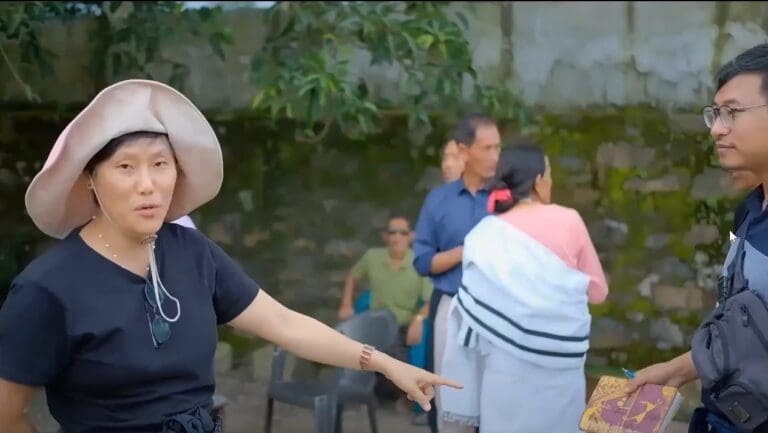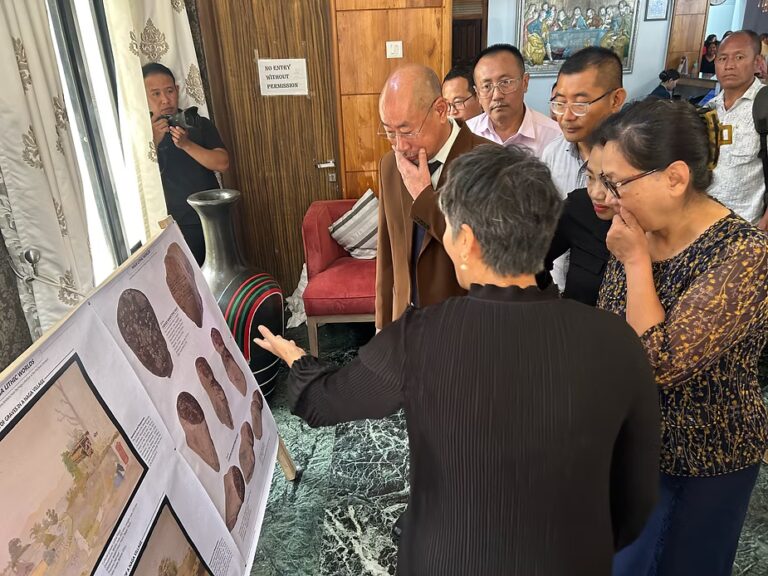In her news report of the 2021 Global Investigative Journalism Conference, Nati Garcia while writing on Decolonizing Journalism from an Indigenous Perspective quotes Tristan Ahtone, editor-at-large, who states, “What separates Indigenous journalism from other forms is its reason for existence and its place it holds outside of and often in opposition to institutions that mainstream journalists are tied to.”
Historical relations between Indigenous Peoples and the mainstream media have been one of constant mistrust where the 476.6 million Indigenous Peoples worldwide have been dehumanized, marginalized, and caged into neat negative stereotype images which perpetuate them as ‘tribals and savages’ who are ‘violent’ and incapable of governing themselves. It is true that the media, particularly mainstream media, have assumed the ‘power’ and ‘expertise’ of telling the stories about Indigenous Peoples. Unfortunately, where it concerns Indigenous Peoples, the race factor is not far behind because mainstream media generally represents and reflects the national identity, causing the Indigenous identity to be perceived as the cultural other. Tristan Kennedy in Media inclusion of Indigenous peoples is increasing but there is still room for improvement points out that: the link between racism in the media and racism in our communities is no new thing.”
Indigenous voices and culture are systematically excluded and absent from the public discourse which contributes to their marginalization. For decades, mainstream media has committed significant harm by providing misleading information about Indigenous communities. This narrative must be shifted while the 21st century language of decolonisation is offering a break from the past.
Decolonising journalism is essential to this substantial undertaking that gives media organisations and journalists the opportunity to reach out to communities as a means of mending and restoring relationships. Simultaneously, the process of decolonising journalism invites Indigenous journalists to engage in self-reflections and recover their role and place in society. This also means restoring their transformation role as storytellers which can uncover the true narrative sharing Indigenous stories.
What would decolonising journalism mean? This involves Indigenous journalists asking the fundamental question, what exactly is my role as a journalist? In a rapidly changing socio-political landscape where there are multiple truths, it is wise to discern, whose truth is being accurately reported. This requires journalists returning to the foundational values of journalism and reflecting on how their methods and approaches to reporting can be decolonised to become a more responsive and accountable way of covering stories. Journalistic reporting is crucial towards building critical consciousness and critical solidarity. This process involves breaking down the hierarchy of truths. Thus, in a story providing accurate context, understanding how and what happened, and why it is relevant are crucial for providing the clearest, most accurate information. This approach to transparent journalism will resonate with the public and enable making knowledgeable informed decisions that impact individual lives, communities, government, and society.
Decolonising journalism is a reality and a welcome opportunity to be an essential tool of 21st century journalism. However, this concept, while gaining ground, is still new for many Indigenous Peoples. The journalist community in the Naga context can begin by dialoguing together in the spirit of self-reflection through which a new form of journalism can emerge that is relevant and practical in the Naga context. If not, the journalistic community will be limited to only reporting on the symptoms, rather than exposing the core factors that are responsible for the degenerating reality that surrounds the Naga realm.
Journalism in the Naga context must also find for itself the reason for its existence, if not, there is a danger of losing relevance. For the sake of our collective wellbeing and opening more democratic space, let’s support journalism in the Naga context that courageously leads the way to decolonise, and stops conforming to the patterns of the world.
First published in The Morung Express on September 25 2022
Link: https://www.morungexpress.com/decolonising-journalism
